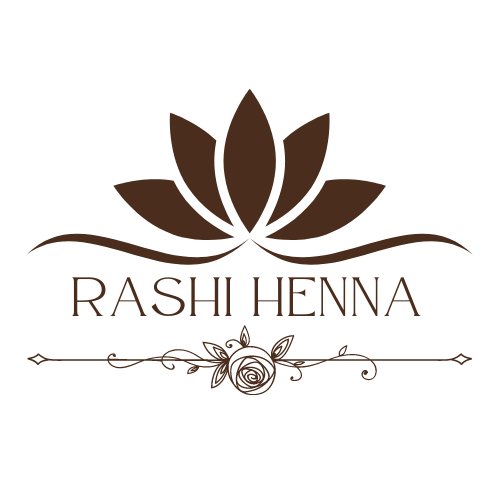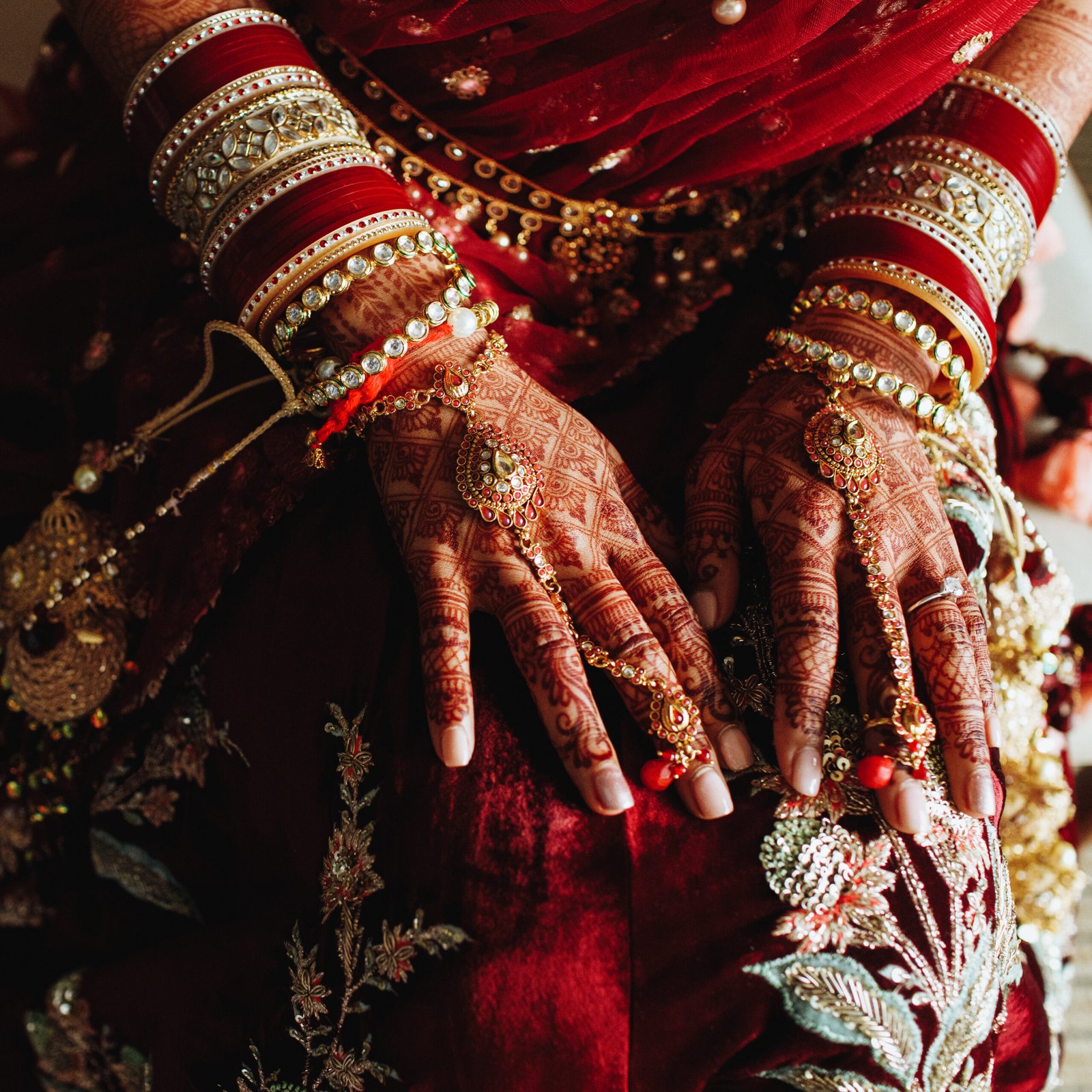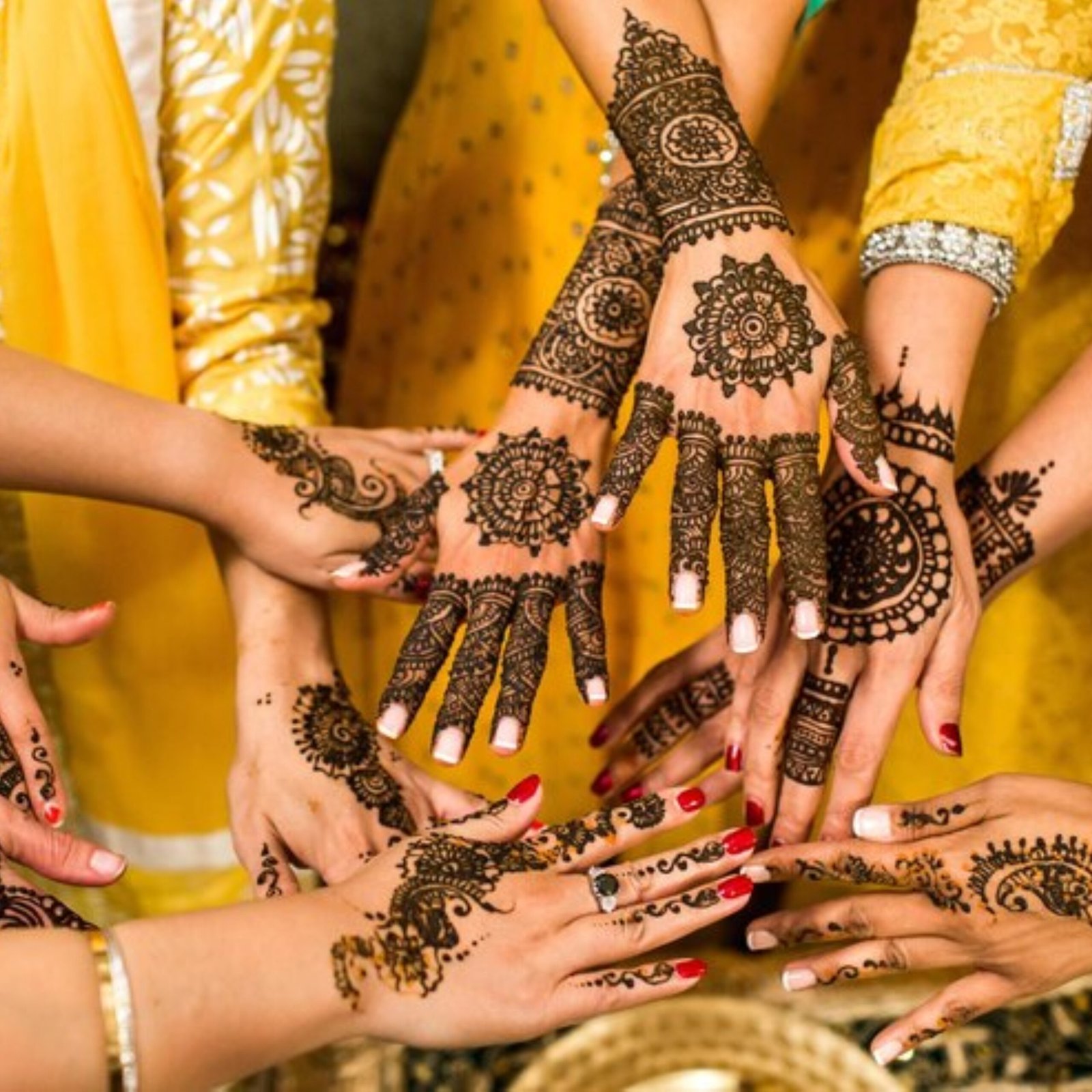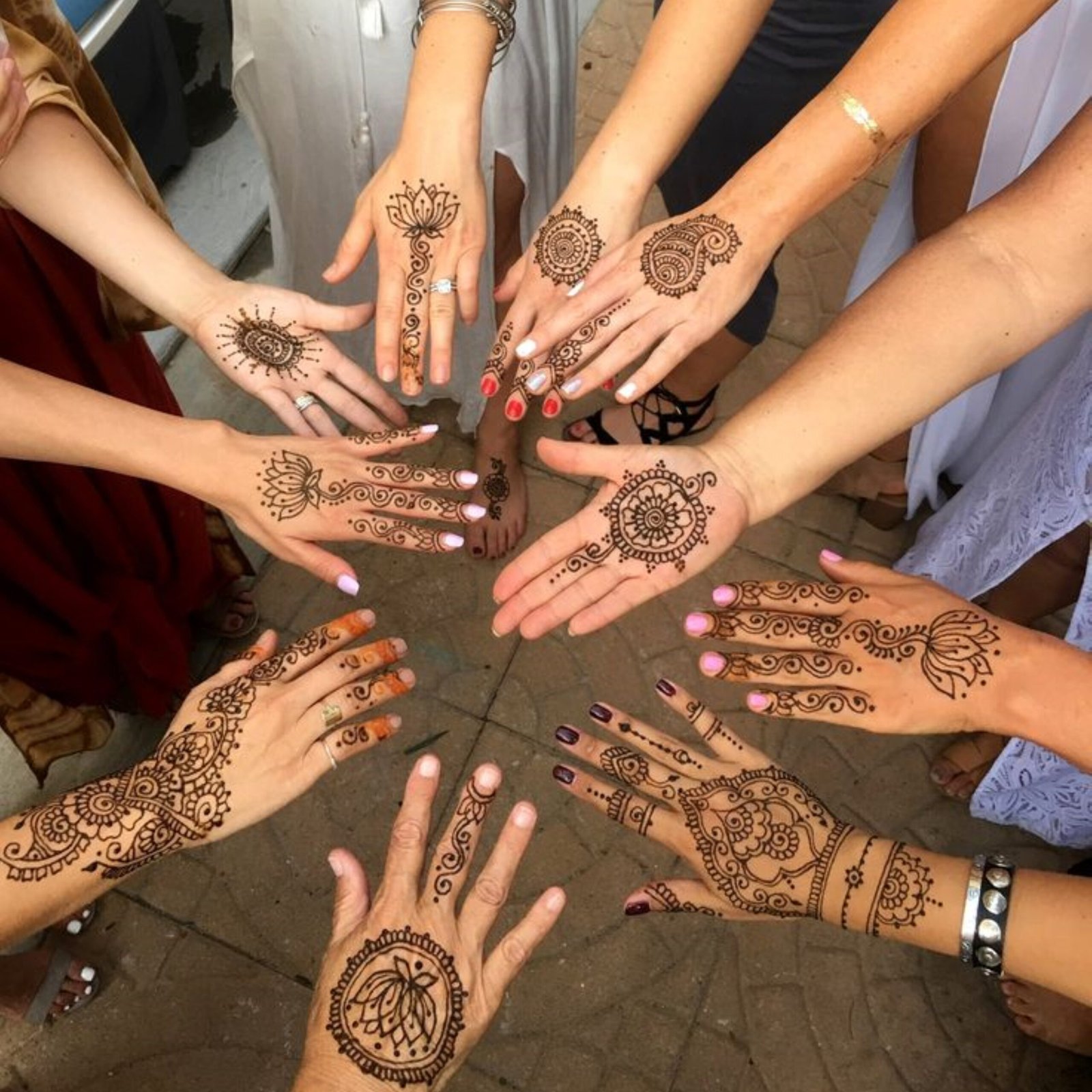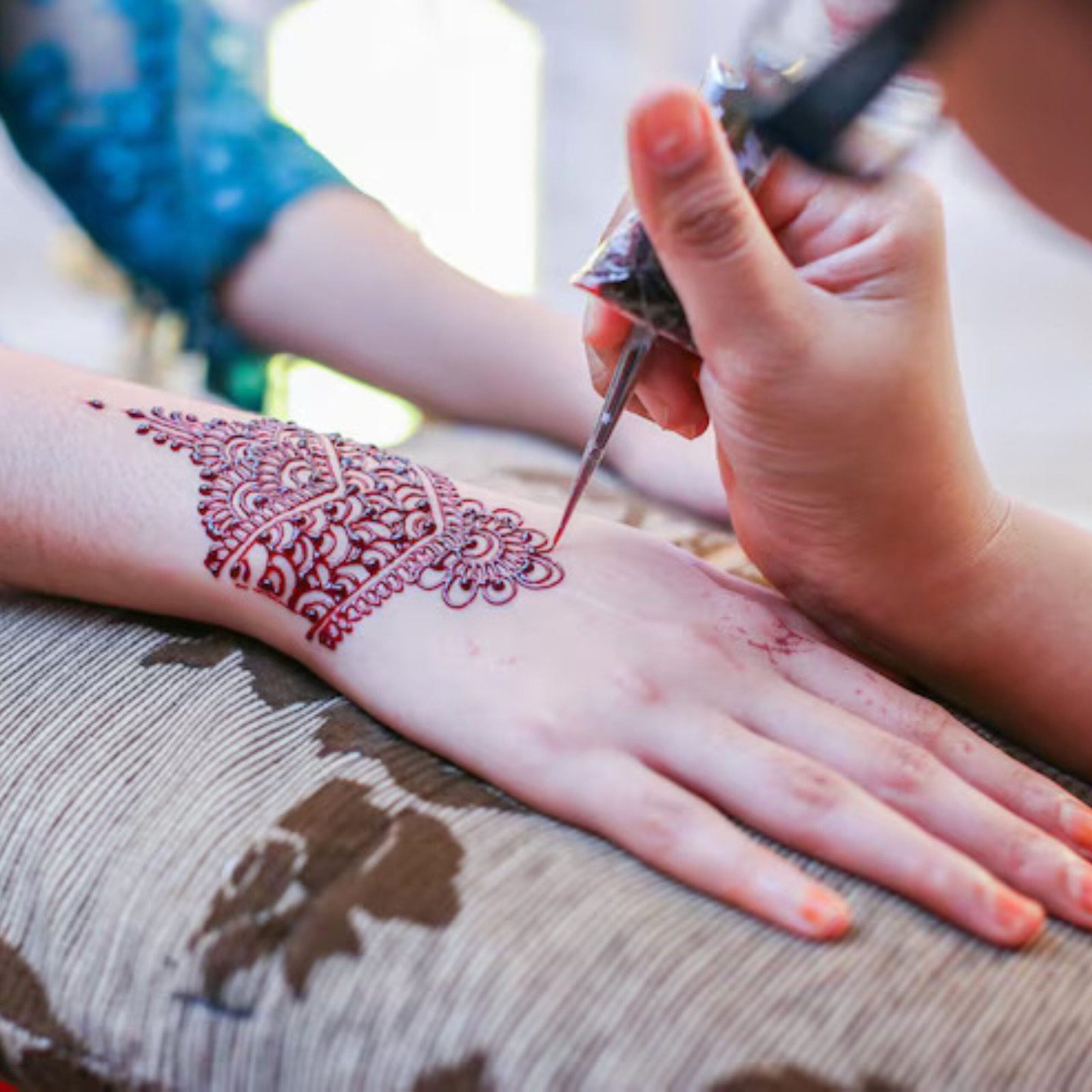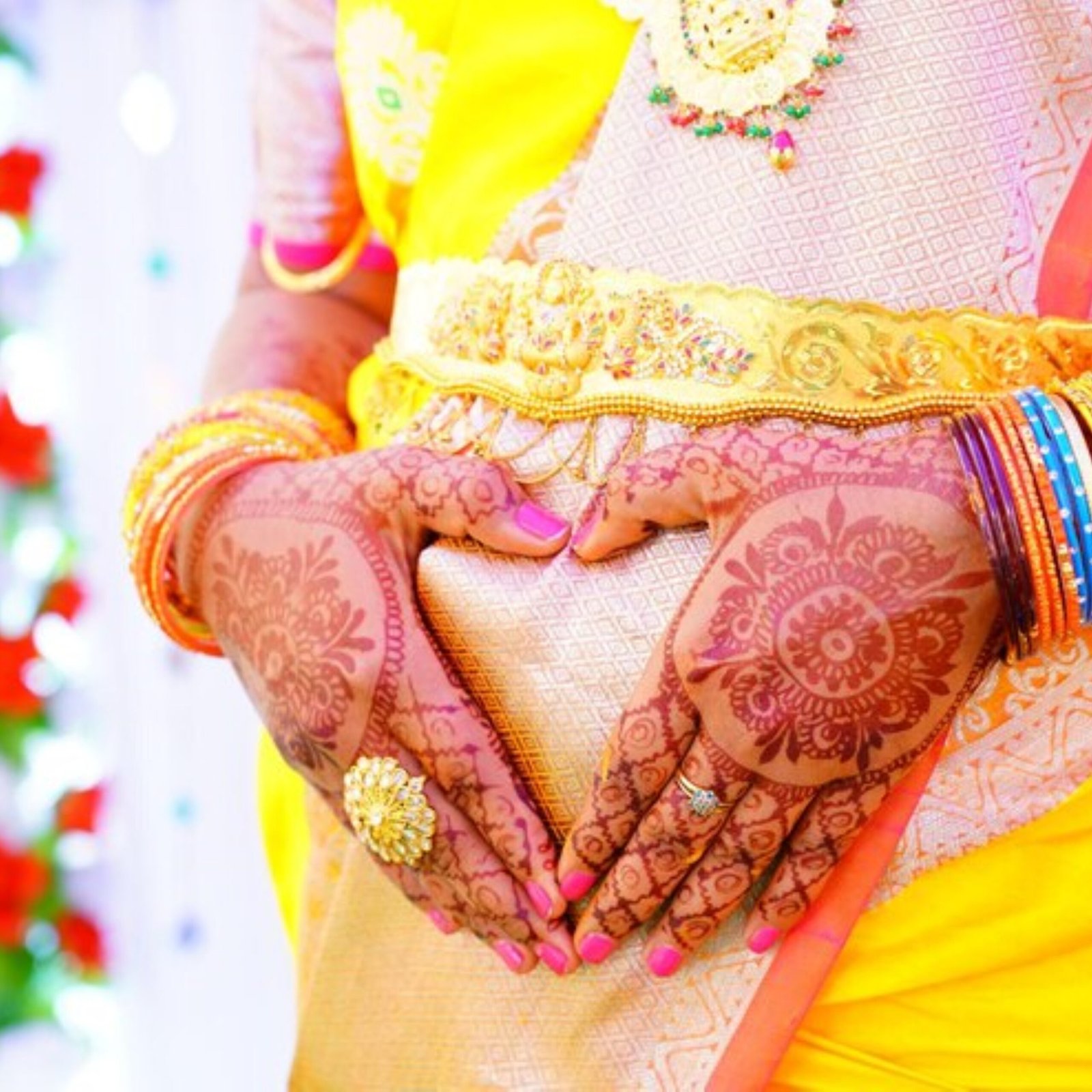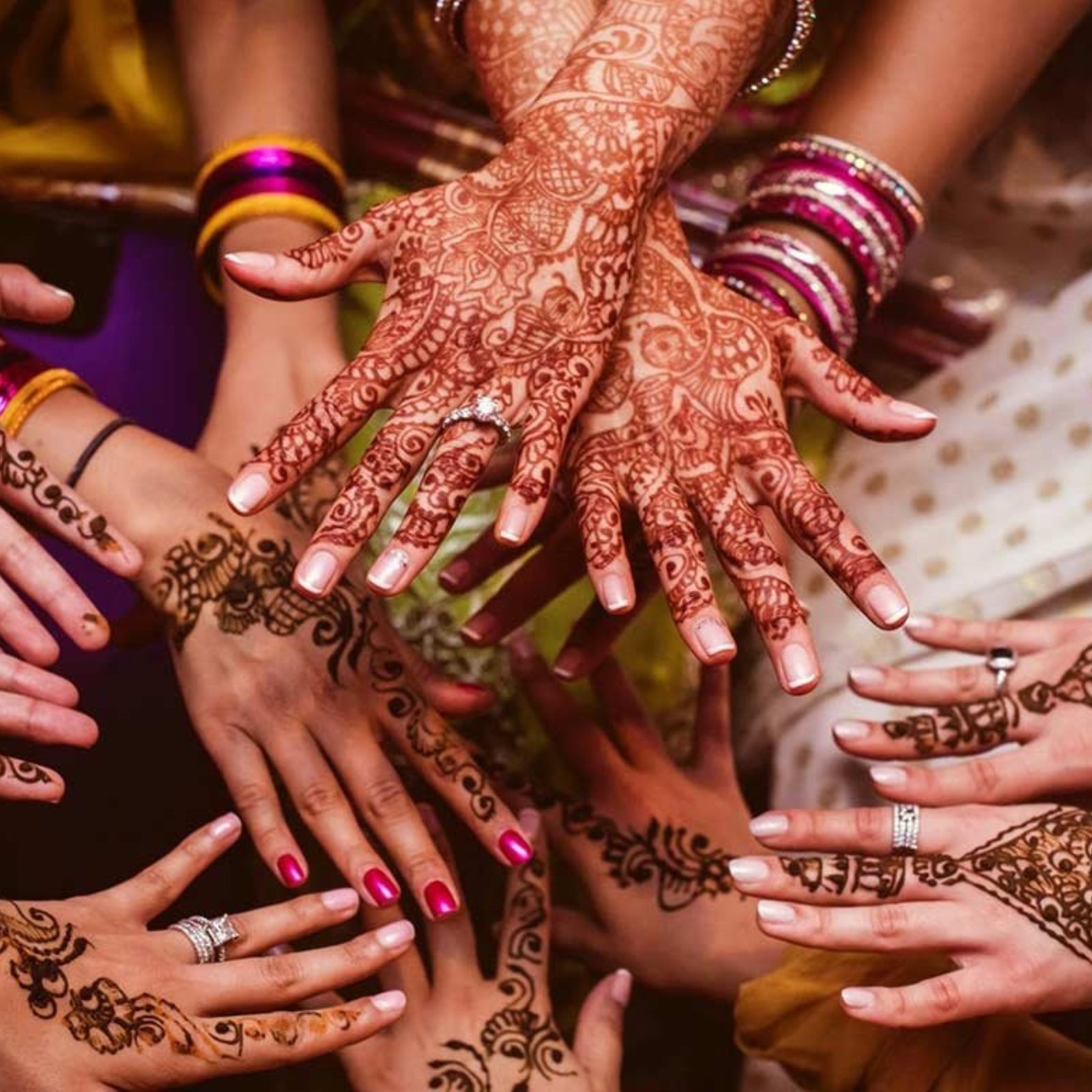Have you ever marveled at the intricate designs of henna, wondering about the stories they tell? Henna, also known as Mehndi, is more than just a temporary tattoo—it’s a bridge to centuries-old traditions that continue to thrive in modern celebrations. Let’s explore the world of henna, its rich history, cultural significance, and why it remains a timeless symbol of beauty and celebration.
A Glimpse into Henna’s History
Henna has its roots in ancient civilizations, with its earliest mentions dating back over 5,000 years. Used in countries like India, Egypt, and Morocco, henna was originally valued for its cooling properties and natural dye. Pharaohs of Egypt even used henna to adorn their bodies and prepare for the afterlife. Over time, henna evolved into a cultural phenomenon, symbolizing joy, luck, and spiritual blessings.
The Art of Henna in Modern Traditions
From ancient traditions to modern artistry, henna’s beauty and significance make it a cherished part of celebrations, self-expression, and wellness.


Henna (Mehndi) Beyond Aesthetics
Beyond its visual appeal, henna is celebrated for its therapeutic benefits. The henna plant (Lawsonia inermis) is packed with cooling and anti-inflammatory properties, making it a popular remedy for soothing burns, improving hair health, and even relieving headaches.
The Global Popularity of Henna / Mehndi
Thanks to globalization, henna has transcended cultural boundaries. Today, it’s a popular trend in countries like the US far from its origins, appreciated as a form of body art and self-expression. Temporary henna tattoos, made with natural and chemical-free henna powders, have become a favorite for individuals looking to experiment with designs without commitment.
How to Choose the Best Henna (Mehndi)?
Your Henna Story Awaits
Whether you’re a bride preparing for the big wedding, sangeet and engagement day, someone exploring henna’s artistic side, or simply curious about its benefits, henna offers a unique way to connect with a beautiful tradition. So, what’s your next occasion for henna? Share your henna memories or plans with us—we’d love to hear your story!
